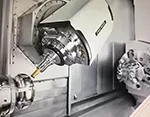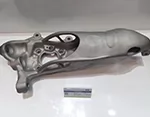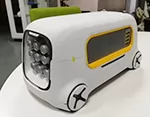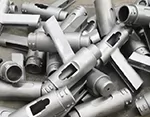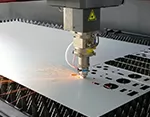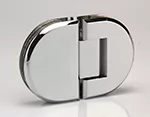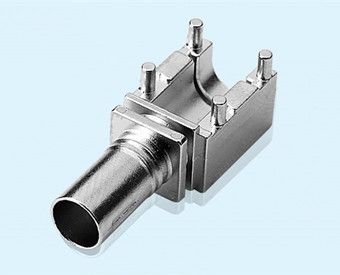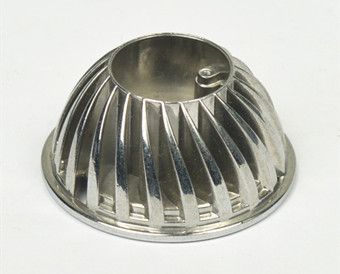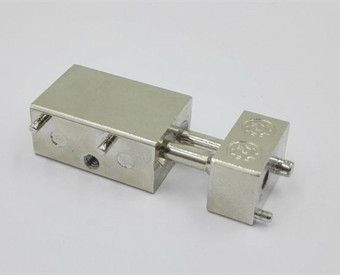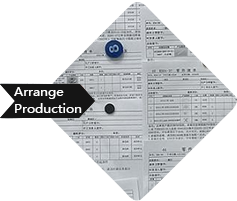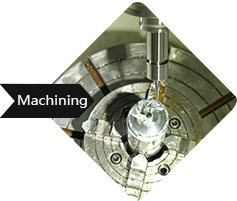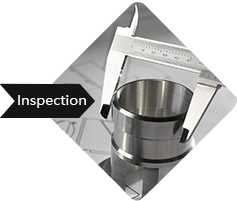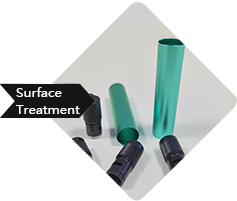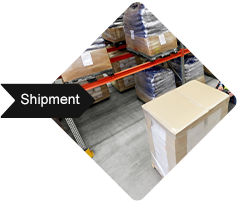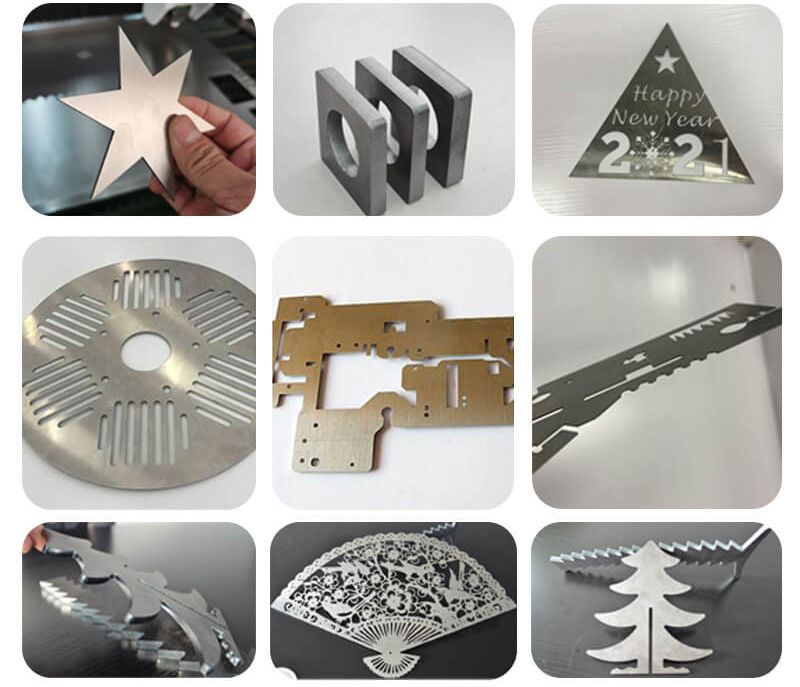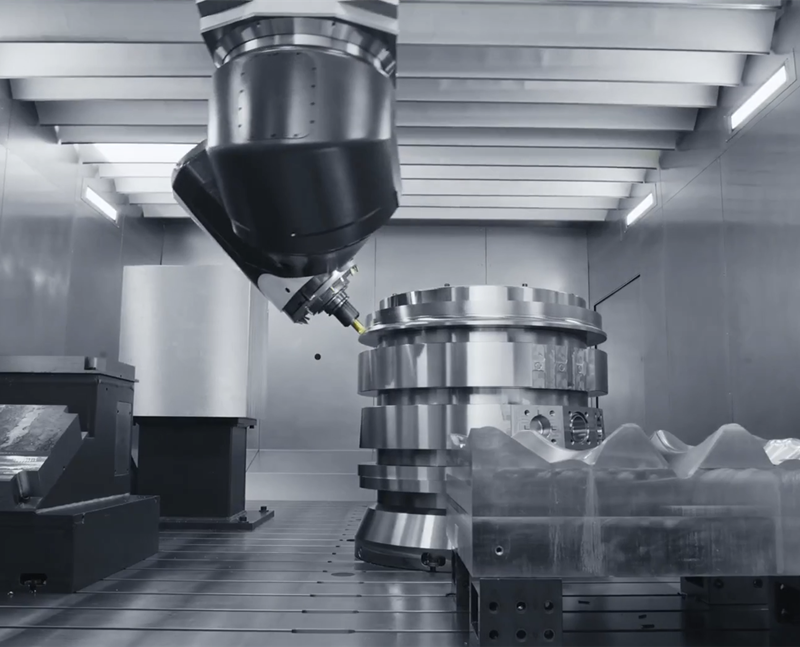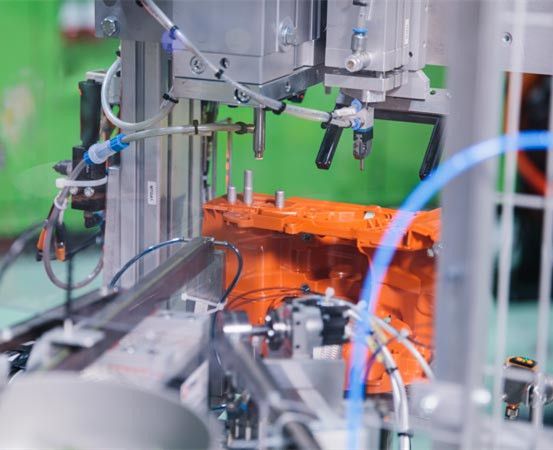-
Service
+
- CNC Precision Machining Service +
- Multi-Axis Simultaneous Machining Service +
- CNC Turning Service +
- Metal 3D Printing Service +
- Rapid Prototyping Service +
- Die Casting Service +
- Sheet Metal Fabrication Service +
-
Finish Serivces
+
- Polishing
- Grinding
- Brushed Finish
- Sand blasting
- Painting
- Powder Painting
- Anodizing
- Hard anodizing Service
- Passivation
- Zinc Plating
- Nickel Plating
- Chrome Plating
- Blackening
- Black Zinc Plating
- Teflon Coating
- Titanium Coating
- DLC Coating
- Laser Marking
- Silk Screen Printing
- Transfer Printing
- Micro Arc Oxidation
- Industries +
- About Us +
- Resource +
- Contact Us
- Quote

-
Service
-
>
-
>
-
>
-
>
-
>
-
>
-
>
-
>
-
- Industries
- About Us
- Resource
- Contact Us
Zinc die casting is a metal casting process characterized by the pressing of molten metal into a mold cavity. The mold cavities are created using two hardened tool steel dies that are machined to the net shape or near net shape of the zinc die casting.
Zinc alloy is the easiest metal for die casting. As Zinc alloy has a low melting point, good casting performance, excellent accuracy, high dimension stability, great hardness, and it can be fully recycled. It is economical when zinc alloy is used for manufacturing small parts. As the material price of zinc alloy is close to aluminum, its density is almost double that of aluminum alloy. So the material cost of zinc alloy is almost twice of aluminum alloy when the dimension of die casting parts are the same.
Die Casting Equipment
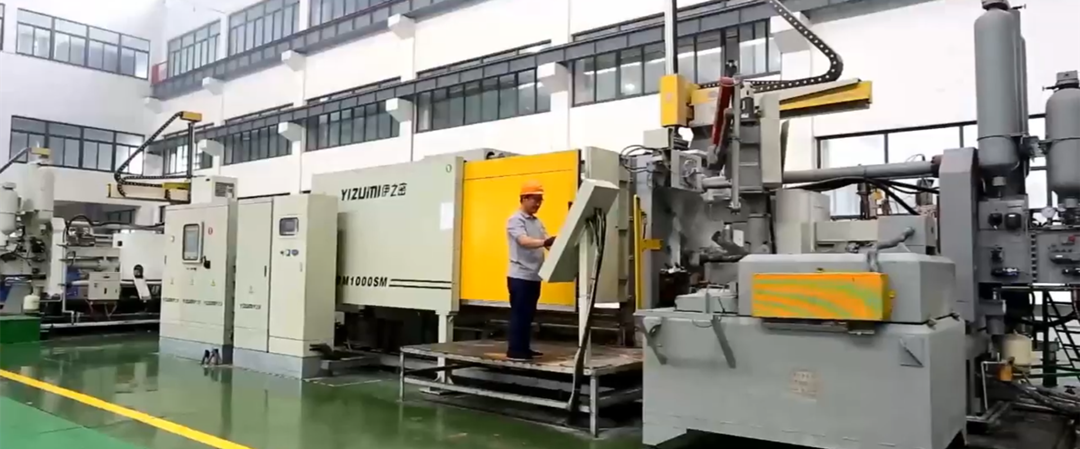
Inspection Equipment
| Equipment | Quantity | Brand |
| CMM | 2 | LEAD |
| 2.5D | 3 | |
| XRF Spectrometer | 1 | HITACHI |
| Altimeter | 1 | |
| Calliper | 20 | |
| Micrometer | 10 |
| ISO 2768-M | |
| Table 1 - Linear Dimensions | |
| Permissible deviations in mm for ranges in nominal lengths | Tolerance Class Designation (Description) |
| m (medium) | |
| 0.5 up to 3 | ±0.1 |
| over 3 up to 6 | ±0.2 |
| over 6 up to 30 | ±0.3 |
| over 30 up to 120 | ±0.5 |
| over 120 up to 400 | ±0.8 |
| over 400 up to 1000 | ±1.2 |
| over 1000 up to 2000 | ±2.0 |
| over 2000 up to 4000 | – |
| For nominal sizes below 0.5 mm, the deviations shall be indicated adjacent to the relevant nominal size(s). | |
Zinc alloy die casting is a precision casting method that uses high pressure to force the molten metal into a metal mold with a complex shape. It is a precision casting method.
Zinc is one of the many metals that are molded into die cast products. Because of its low melting point, it is one of the easiest and cheapest (in terms of energy consumption of the die casting machine) metals to die cast. Zinc die castings are used throughout the industrial, commercial and even consumer goods sectors. Industrial manufacturers use zinc die cast parts in their machinery.
It is the automotive industry that makes extensive use of die-cast zinc automotive parts. Zinc die castings are used in commercial settings as ornate doors and cabinet hardware. Novel consumer products such as belt buckles and medallions are often made of die-cast zinc. Fasteners, plumbing components and door locking devices can also be made from die-cast zinc.
The feature of zinc: The easiest metal for die casting. It is economical when the zinc is used for manufacturing small parts. Zinc is easy for coating, and has high compressive strength and plasticity, and has a long casting life.
Characteristics of zinc alloy die castings
Zinc alloy is an alloy which composed of zinc as the base and added with other elements. The characteristics of zinc alloy are listed below.
1. It has high specific gravity, weight and texture, and it is stronger than plastic injection molding. .
2. Good casting performance. Zinc alloy die casting can be used for making precision parts with complex shapes and thin walls. At the same time, the surface of the castings is also very smooth.
3. Available surface finish: electroplating, spraying, painting, polishing, grinding, etc.
4. Zinc alloy does not absorb iron, corrode the profiling, and does not stick to the mold during melting and die-casting.
5. Under the room temperature, the mechanical properties and wear resistance is great.
6. Low melting point. Zinc alloy will be melted at 385°C, which is easy for die-casting.
7. The zinc alloy has a strong three-dimensional effect, and the surface will emerge graininess or wrinkles after die-casting, which need to be polished. But polishing cannot change the physical form completely.
8. Zinc alloy crafts and relief patterns are vivid and widely used, but this require a high level of craftsmanship, and it will engender a small amount of indentation or burrs on the surface.
Precautions when using zinc alloy die castings:
1. Zinc has poor corrosion resistance. When the impurity elements of lead, cadmium, and tin in the alloy composition exceed the standard, it will result in the casting parts ageing and then get deformed. The manifestation is volume expansion. The mechanical properties, especially plasticity, will be decreased significantly. It will even get cracked after a long time.
2. It's not suitable to use zinc alloy die castings in high temperature and low temperature (below 0℃) working environment. Zinc alloy has better mechanical properties at room temperature. However, the tensile strength would be significantly reduced at high temperature, as well as the impact performance at low temperature.

